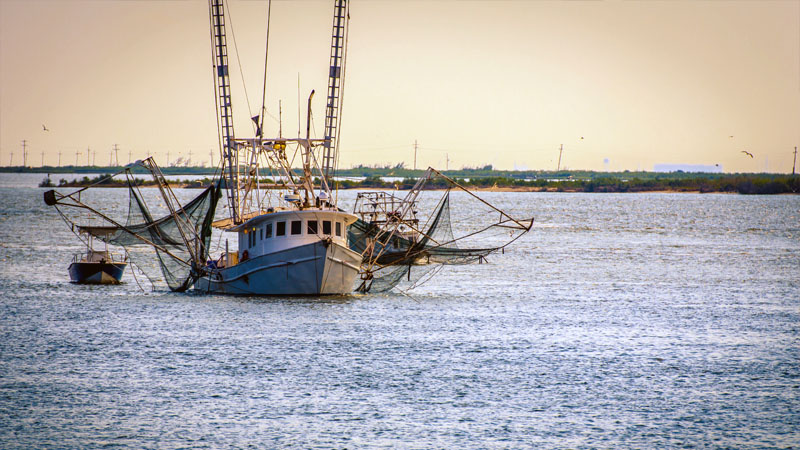Exclusive content

As the shrimp fishing season in Panama kicks off, a fleet of 58 vessels has embarked on their journey to the fishing grounds. Anticipation is high as it is expected that more vessels will join in the coming days, ultimately totaling 73 vessels engaged in this crucial endeavor.
Conservation Through Closed Periods
The commencement of the shrimp fishing season follows the conclusion of the first closed period, which ran from February 1 to April 11, 2024. This hiatus was pivotal in allowing the shrimp species to thrive, ensuring their growth and reproduction, and thereby contributing to the long-term conservation and sustainability of the marine ecosystem.
Shrimp holds the position of the second most significant export product in Panama, underscoring its vital role in the nation’s economy. Countless Panamanian families rely on shrimp fishing for their livelihoods, making it a cornerstone industry for many communities across the country.
Gratitude for Compliance
Expressing deep gratitude, authorities commend the fishermen for their steadfast adherence to the established closed period regulations. Their unwavering commitment and dedication have been instrumental in safeguarding the health of shrimp populations, laying the groundwork for a prosperous future for the fishing industry.
On Thursday, April 11, the commencement of the fishing season saw 58 vessels setting sail for their designated fishing grounds. With more vessels expected to join soon, totaling 73 in this noble task, the stage is set for a season filled with opportunities, challenges, and above all, a sense of responsibility towards the sustainability of marine resources.
Government Support
The presence of Hamed Tuñón, the general administrator of the Aquatic Resources Authority of Panama (ARAP), underscores the government’s commitment to the fishing industry’s sustainability. Tuñón extends heartfelt gratitude to all fishermen for their collaboration during the closed period and underscores the importance of their continued dedication to preserving natural resources.